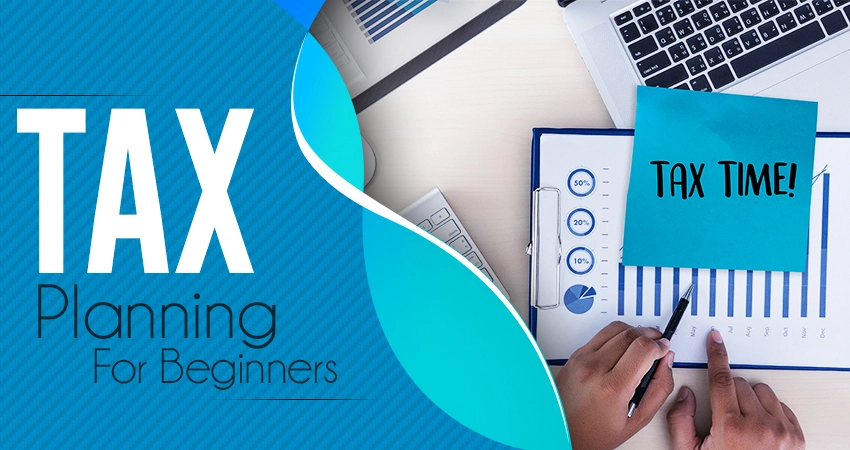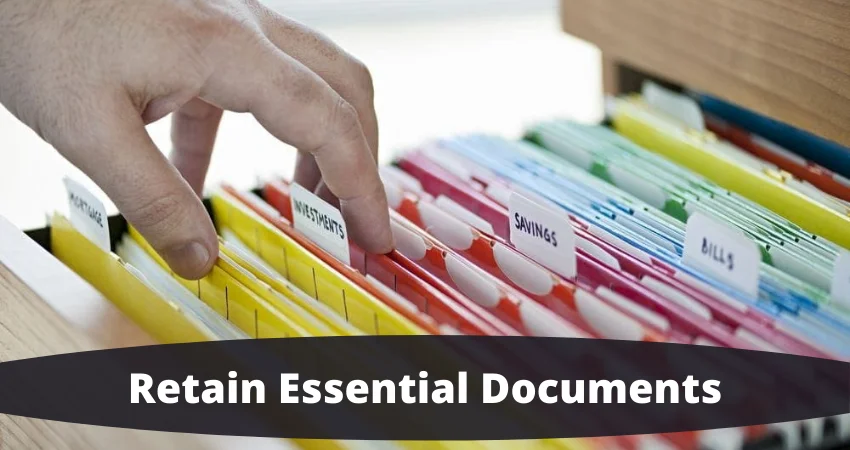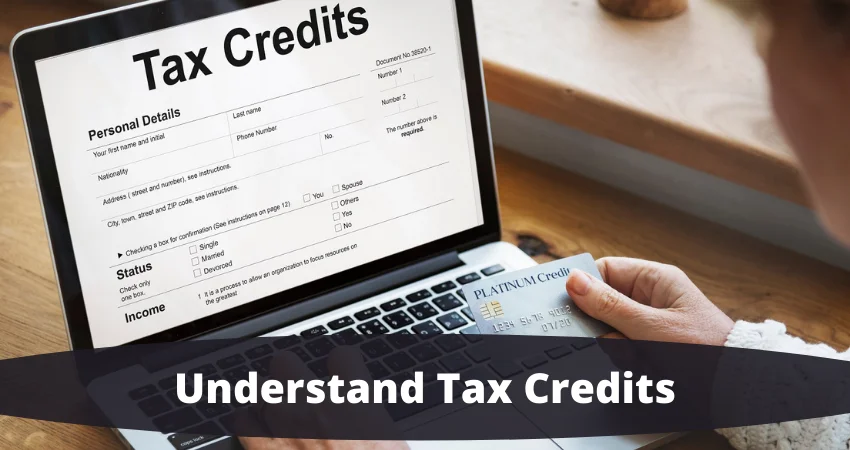Tax Planning For Beginners- Some Key Principles For You

Tax planning involves assessing the financial situation from the taxpayer’s perspective. It helps reduce the money that you owe the government. The goal is taking that money and choosing financial options for promoting tax treatments.
Do it through proper planning, including strategizing, timing, leveraging tax-advantageous vehicles, and more. Let us check out some basic principles for the benefit of individuals and small business owners.
Schedule A Consultation Today!
Estimate The Total Income

The first step in income tax planning is determining how much money you have or expect to earn for that calendar year. For anyone working as an employee, the primary source will be the W-2 that the employer will send within January 31. You even have various 1099s for miscellaneous incomes.
Take Time For Financial Transactions

Simple Tax planning strategies for high income earners to reduce tax liability is this: defer revenue, accelerate expenses. What in the world does this mean?
It is most useful for businesses with high revenues and expenditure. It holds for individuals.
While maximizing retirement benefits may seem like a bonus, business owners can get into the action. If you have any extra income, set up a 401(k) in your business for the employees and yourself.
There are many plans for small businesses, such as IRAs, SEPs, and more.
Some amount of reading, a little common sense, and a trusted financial advisor can go a long way to help reduce the tax bill.
Choose The Right Tax Deductions

For financial planning tax deduction, you have two deduction options: standard tax deduction and itemized tax deduction. You may only choose one every year.
With the changes of the Tax Cuts and Jobs Act of 2017, voted on December 22, 2017, and effected for the upcoming tax year, this area has changed.
Schedule A Consultation Today!
Retain Essential Documents

As you have seen, as a new business owner, you will need a financial statement filing for tax returns. Whether filing a Schedule C or a business tax return, it is essential to retain all the financial records. These include bills, invoices, receipts, slips, and other documents related to money transactions.
Business owners should keep copies of their previous year’s tax returns for three years after filing. It is usually the statute of limitation for the IRS to audit the return or for you to amend the return.
Team Up With Professionals

It is difficult going ahead with business tax planning on your own. For this reason, most experts recommend business owners get help with preparing for tax season from an experienced accountant.
Even individual filers with complicated investments, deductions, and contributions must consider getting expert assistance.
Understand Tax Credits

Tax credits are government sponsored form of tax assistance. Unlike deductions, these credits lower the tax liability.
It makes them superior savings options to reduce the tax burden- assuming you qualify. Individuals can take advantage of many tax credits.
Finally, the key to America tax plan for new businesses lies in knowing what to do to streamline tax planning.
Contact Us Today:
Locations:




